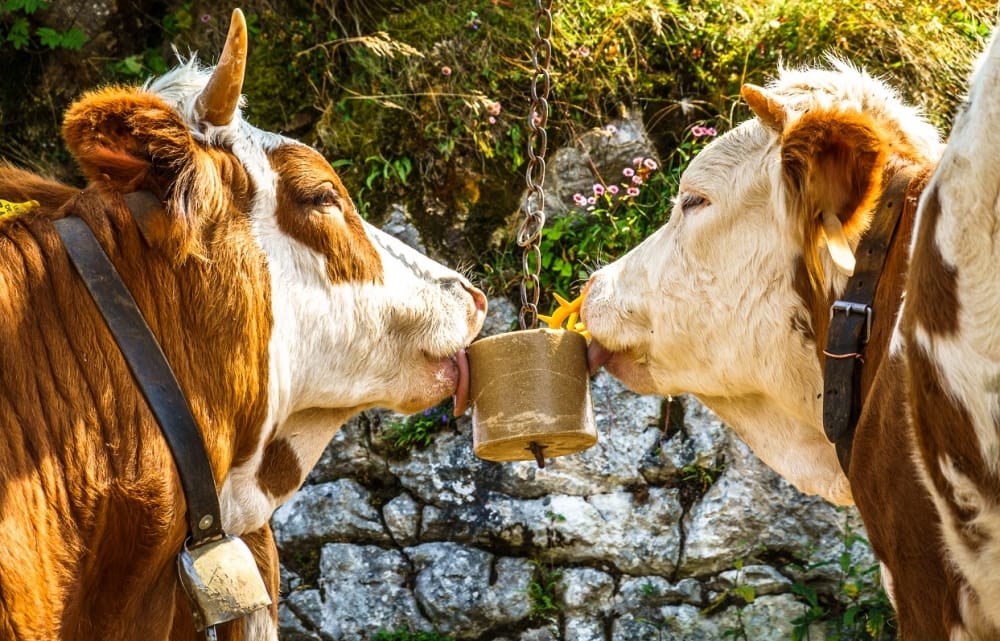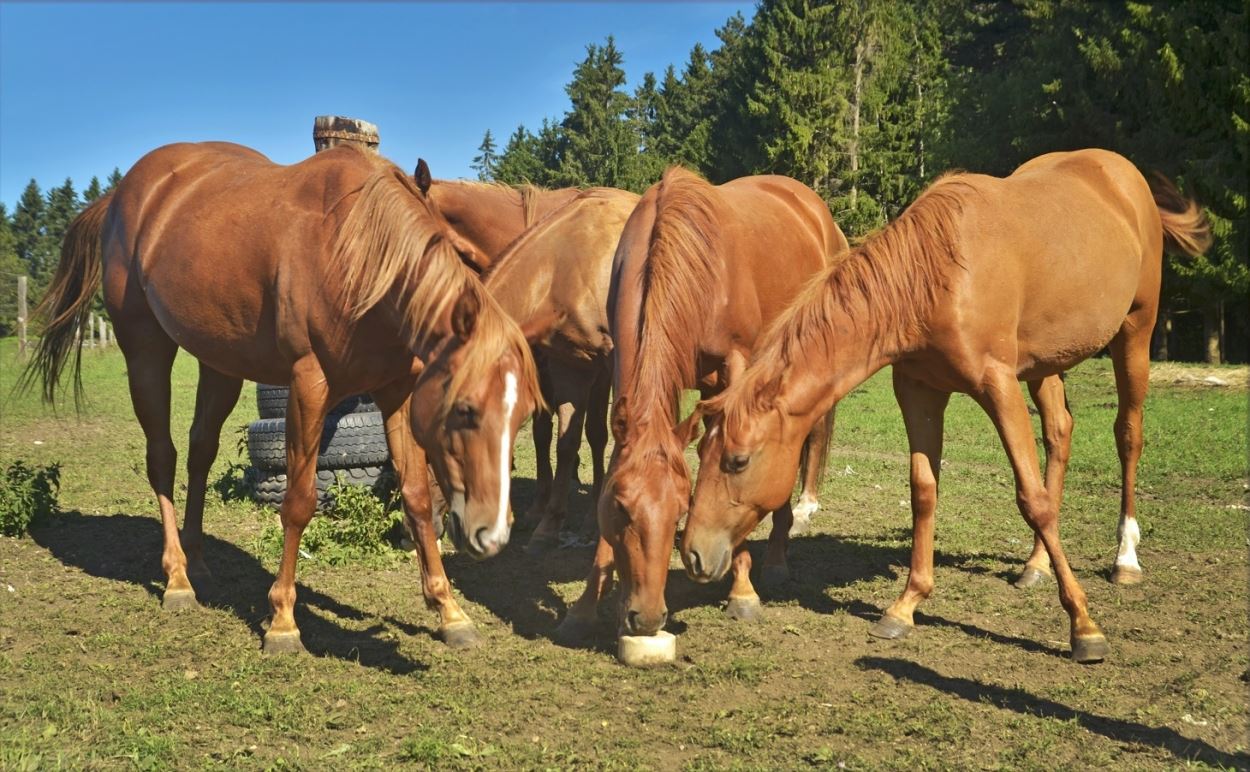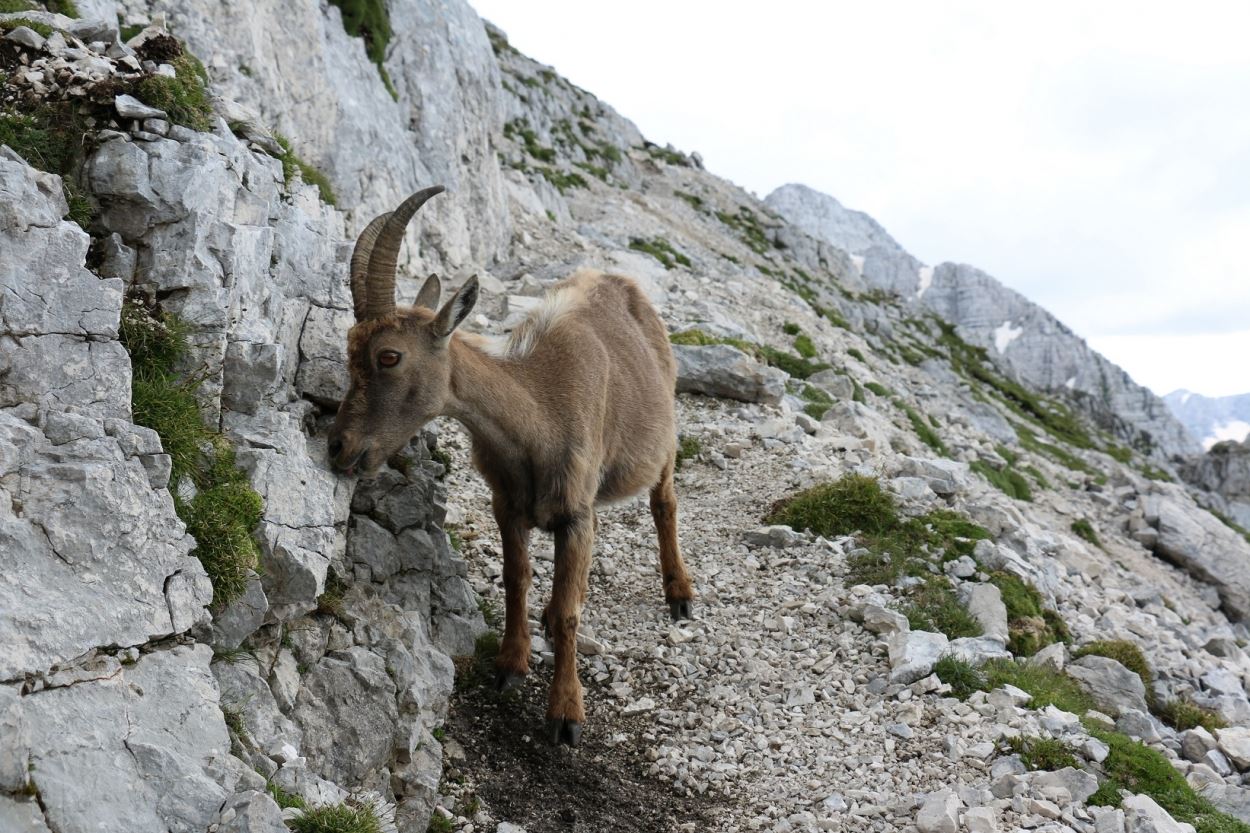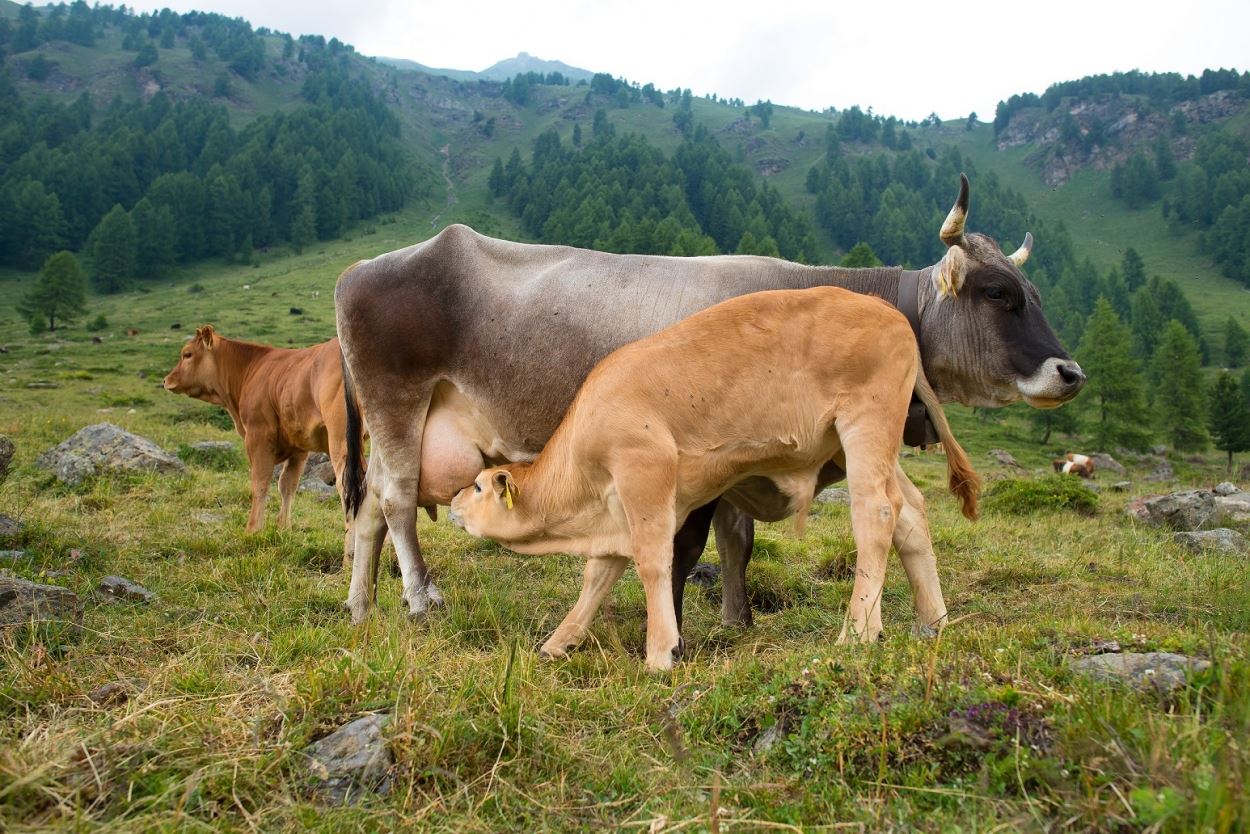Why Do Animals Need Salt?
2020-09-21(51712)
Have you ever asked yourself the question, “why do animals need salt?” It is not just humans that need salt to maintain balanced fluid levels in the body and prevent health problems. Just like humans, animals need salt in their diet too!
Salt consumption for animals is a necessity for a properly functioning body. In fact, all mammals need salt in their diet to survive. Salt is present in the sweats, tears, and blood which makes it a vital component. So, it is quite normal for animals to crave salt to meet their need for sodium along with other minerals. Let’s understand why animals need salt in detail.
Why Salt is an Essential Nutrient
Does salt play an important role only as a flavor? Certainly, not. Food salt or table salt is mostly considered as a flavor and seasoning, although it is also necessary for mineral intake. Salt for animals, on the other hand, is essential for wellness and healthy development.
Animals need salt for growth as well as a healthy, properly functioning body. It helps animals to become immune to diseases and gain resistance.
What is in Salt that makes it necessary for animals?

Salt is a chemical compound. And why do animals need salt? It is because salt primarily consists of sodium and chloride, but it contains other essential trace minerals as well such as calcium, magnesium, selenium, and phosphorus. All of these minerals are important for the healthy development of animals.
Sodium, for instance, balances the pH levels in the blood. Chlorine, on the other hand, balances the acid levels in the body and helps digestion.
Moreover, one of the trace minerals, calcium in salt is fundamental for strong bone and teeth development in lactating cows and nursing calves. It also has other important functions such as;
● Milk production,
● Muscle movement,
● Keeping a regular heartbeat,
● Blood clotting,
● Properly functioning nervous system.
Animal Salt Licks in Nature

Wildlife animals can usually be seen in salt springs or salt deposits in nature which are also known as salt licks. They take the necessary nutrients they need from licking salts. As all animals need salt, the existing salt licks in nature are like popular animal gathering spots.
Why do animals need a salt lick? Animals such as deer, sheep, goats, cattle, and elephants make regular visits to the salt resources in nature to get the minerals they need like calcium, phosphorus, iron, zinc, and sodium. There substitutes to natural salt licks which we will touch upon later in the article.
What are the Signs of Salt Deficiency in Animals?
We have discussed the question, “why do animals need salt?” When animals do not take the required amount of the much-needed salt, the deficiency can be seen in certain signs. Some of the signs of salt deficiency in animals are;
● Loss of appetite
● Consumption of dirt, rock, manure, and wood
● Loss of weight
Apart from these signs, lactating cows may show other signs of salt deficiency. We mentioned that cows take some of the calcium they need from salts. Lactating cows may get milk fever due to calcium deficiency, and calves may experience rickets.
Calcium Deficiency
Milk Fever
The first signs of milk fever in lactating cows can show itself as they become unable to stand. A cow with milk fever may have a lowered body temperature. The reason for this is that a lactating cow experiencing calcium deficiency starts to use more of the calcium in her body to produce milk than she already has. To prevent this, vets usually prescribe a calcium salt in gel form.
Rickets
Being a bone disease, rickets can be seen in calcium-deficient calves indicated with softened bone in the early stages of bone development. In the later stages, it can lead to problems in movement and abnormal growth.
Magnesium Deficiency
Another answer to the question, “why do animals need salt?” is the need for magnesium. Magnesium deficiency in cows may cause grass tetany. This disease is often fatal but can be prevented with magnesium intake through salt licks.
Animals’ Salt Needs Vary
We have talked about, “why do animals need salt?” So, although animals crave salt to survive, their salt needs are not always the same. There are varying factors that affect salt needs in animals.
Animals’ Diet
What animals eat is an important determiner of their need for salt consumption. Animal feeds include a varying amount of salt. So, the additional salt need may differ according to the diet of animals.
Water
Animals consume a lot of water. Although the daily water intake may vary based on the body size and the environment, cattle, for example, can drink 3 to 30 gallons of water per day. The salt concentration of water can make up for the salt needs of animals.
Lactation
Lactating cows require more salt in their diet. As the lactating cows use the existing sodium, calcium, and chloride for producing milk for the calf, they need more of these minerals in their diet which can be consumed through salt.
How to Give Salt to Animals - Animal Licking Blocks
Why do animals need a salt lick? Salt is essential for the healthy development and growth of all farm animals. So, how do you make sure they get the necessary amount of salt? You can add additional salt to the animals’ diet to support their growth, development, and also milk yield.
Licking blocks are very practical and efficient solutions as substitutes for natural salt intake. Moreover, animal feeding salt can be produced in granular forms as well. Animal feeding salt in granular forms is mixed with animal feed to support their diet and mineral intake.
Licking blocks are generally hung above the ground to avoid dirt and placed somewhere animals can come and lick.
The Best Quality Animal Feeding Salt
Now that you have the answer to the question, “why do animals need salt?” and since you cannot take them to naturally occurring salt licks, you should look for the best quality animal feeding salts. Luckily, you don’t need to look further.
Koyuncu Salt, Turkey’s largest salt exporter, produces high-quality animal feeding salt in granular and block forms strictly following hygiene rules and notices. Our source comes from one of the world’s largest natural salt lakes.
animal feeding salt animal salt





